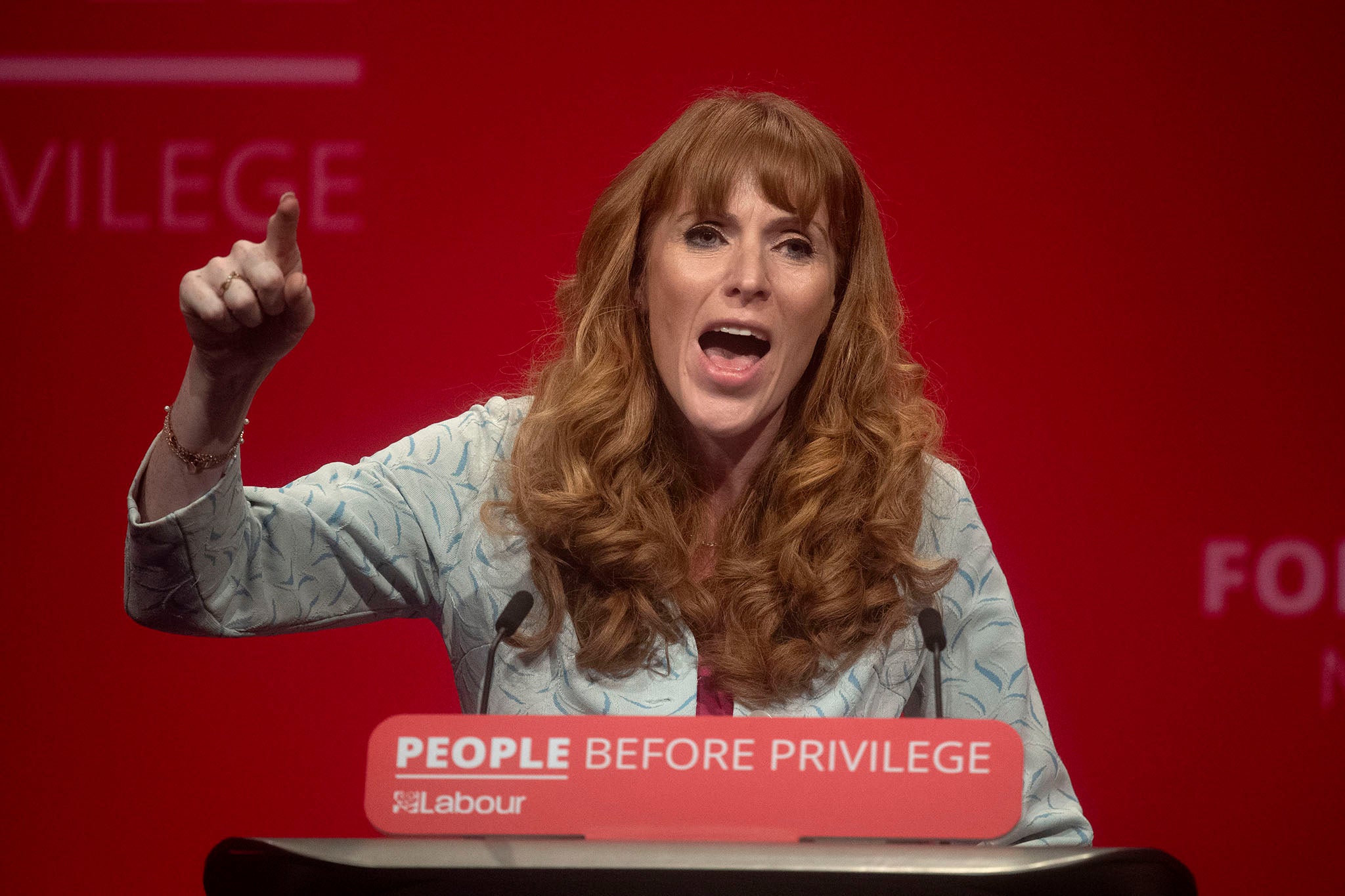Axeing private schools won’t end inequality in education
Analysis: As Labour plans to integrate independent schools into the state sector, Eleanor Busby assesses the pros and cons


Labour has voted to integrate all private schools into the state sector if they get into power, with many party members warmly welcoming the plans to strip independent schools of their privileges and to force universities to limit their intake of privately educated students to 7 per cent.
It is common knowledge that those who attend fee-paying schools in the UK are more likely to attend top universities like Oxbridge and are more likely to secure top positions in the world of work.
And the difference in opportunities for pupils has become even more stark amid funding pressures in state schools. Class sizes have grown while arts and extra-curricular activities have reduced.
So the radical policy could help to reduce gaps in inequality, but there is also likely to be a series of negative consequences if the plans go ahead without significant resources in place.
For example, the private school sector currently educates many children with special educational needs and disabilities (SEND). These schools are often able to provide more specialist support.
Already the state sector is struggling to offer suitable provision for a growing number of SEND children, so Labour would have to make sure that these vulnerable pupils are not left behind.
In addition, imposing a 7 per cent quota of private school pupils on each university would be very difficult to carry out without infringing on their autonomy.
It also does not take into account the fact that disadvantaged students are educated at some private schools, which cover their fees.
Not only would integrating private schools into the state sector create serious logistical challenges – including the movement of thousands of teachers and pupils – it would also cost billions of pounds.
Currently it is unclear where this additional cash would come from, or how the plans would be implemented – especially in the wake of a potential legal battle from private schools. Already sector leaders are saying the plans to seize assets could be challenged in the courts.
And the plans still do not stop the fact that children in state schools across the country are faced with vastly different educational opportunities depending on their location or background.
Affluent families will still be at an advantage. They can afford to buy expensive houses near to top schools, they can pay for private tutors for entrance tests for grammar schools, and they know the tricks for getting into socially selective faith schools.
So Labour’s policy is likely to win over voters who are fed up with elite schools like Eton – and the politicians that come from there – but it is unlikely to be the panacea for all inequality in the system.
Join our commenting forum
Join thought-provoking conversations, follow other Independent readers and see their replies
Comments